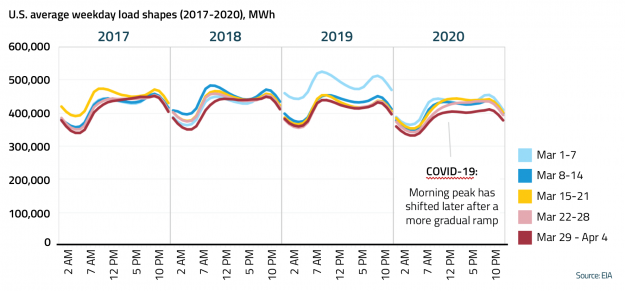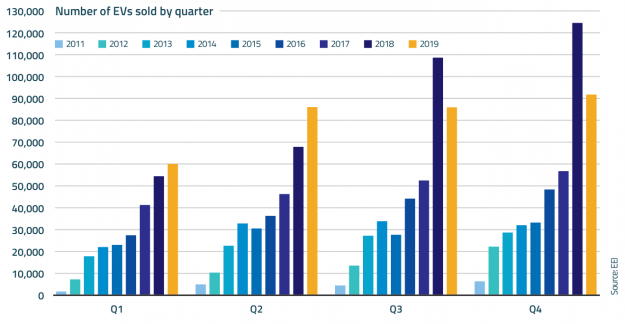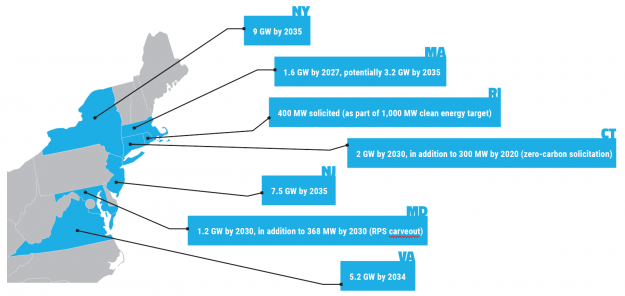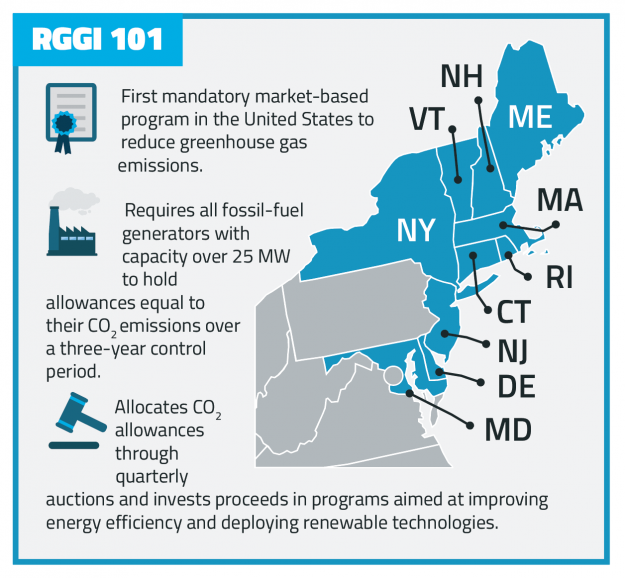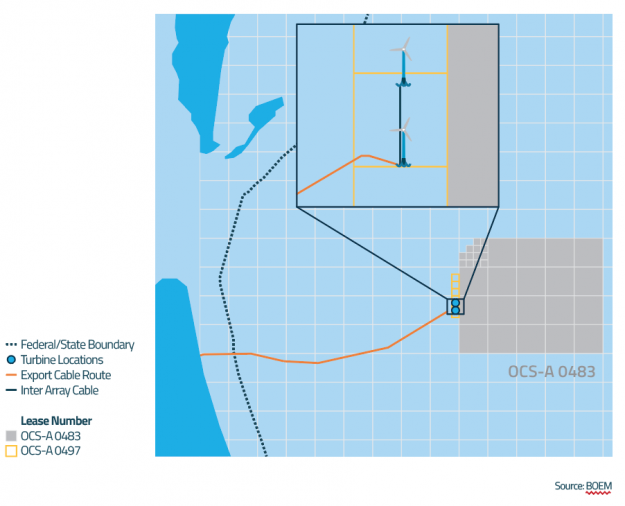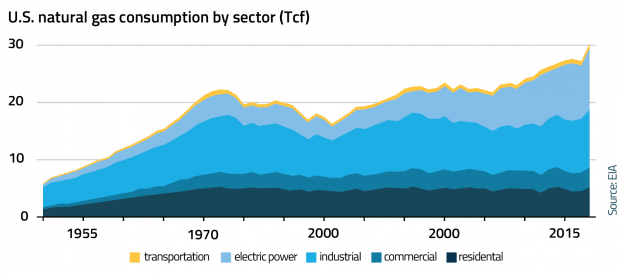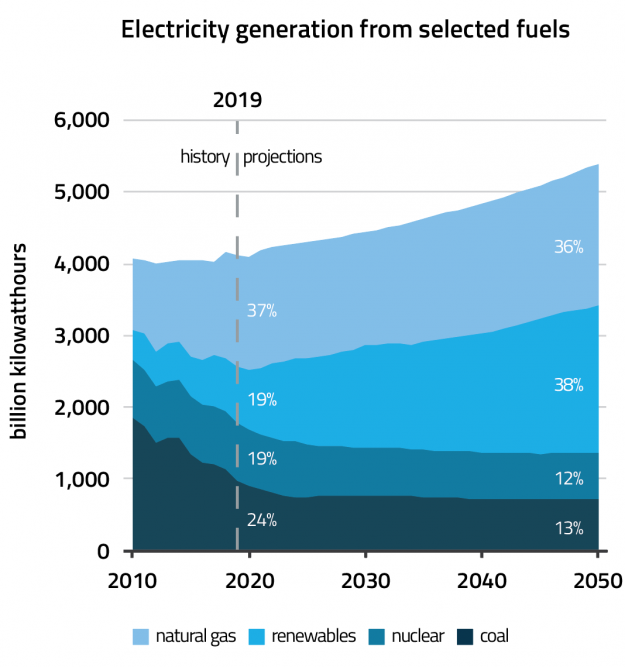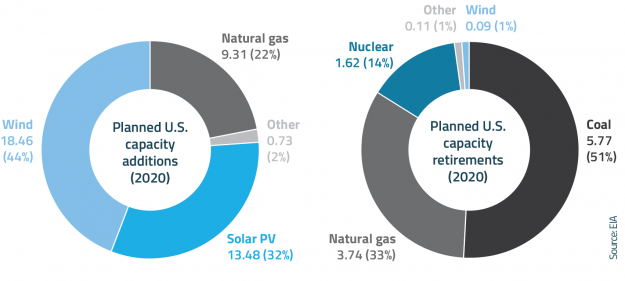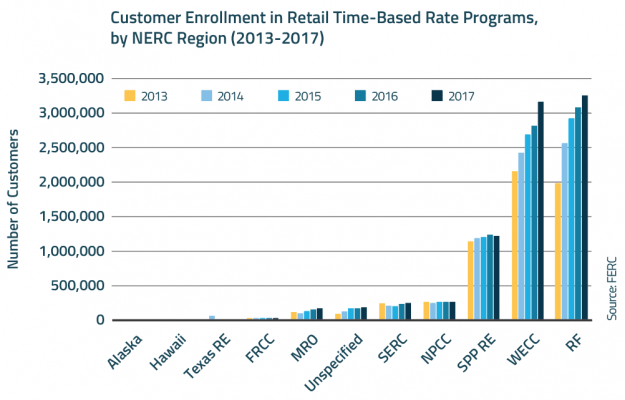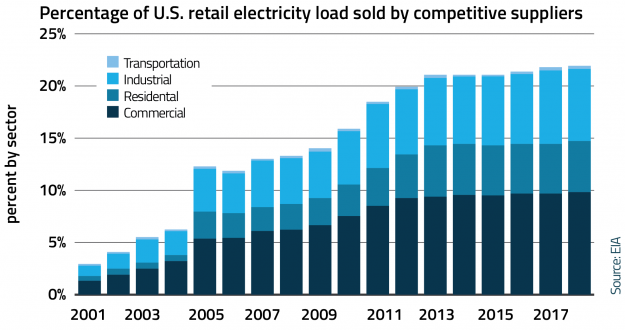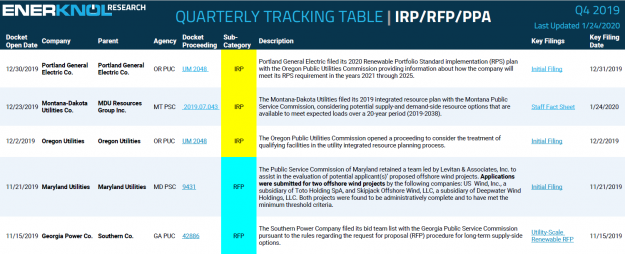EnerKnol’s Visual Primer – State Commissions Examine Costs to Utilities Amid Uncertainty From Economic Effects of COVID-19
Amid the economic downturn ensuing from the pandemic, state utility regulators are faced with the challenging task of protecting customers from power shutoffs while also considering costs incurred by utilities. A growing number of state commissions are directing utilities to establish a regulatory asset account to capture and track COVID-19-related incremental costs.

